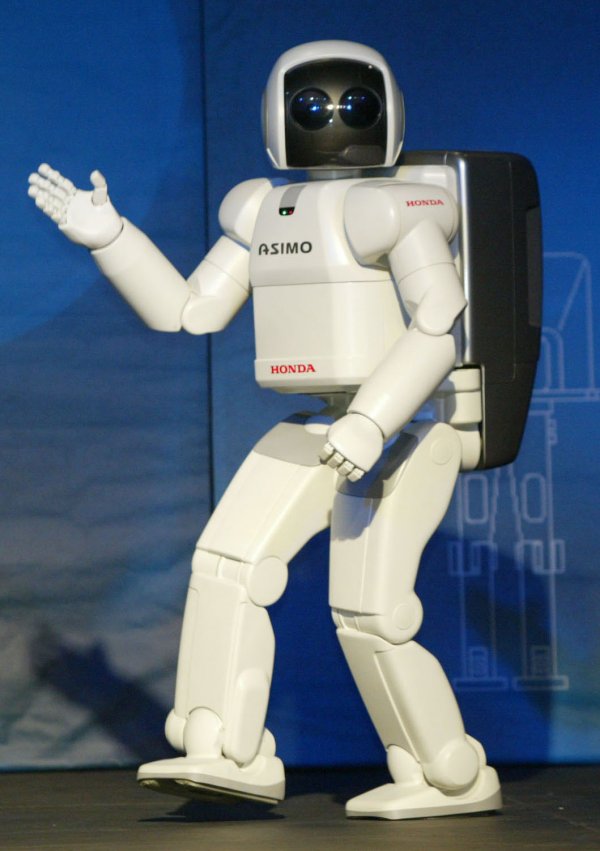Why robotics?
Robotics will change our method of conducting scientific inquiry and perhaps even our concept of ourselves. Human beings have always built tools to increase their power by eliminating manual labor and needless drudgery. This factor has become one of the keys to successful economic progress, especially since the Industrial Revolution and the emergence of a mechanized economy, and even more so with the introduction of automated machines in the Twentieth Century.
 Today progress in the field of computer science and telecommunications allows us to endow machines with enough intelligence so that they can act autonomously. Robotics scientists therefore must face the task of understanding the potentialities and the limits of these intelligent machines in relation to intelligent biological beings.Therefore we can forecast that in the twenty-first century humanity will coexist with the first alien intelligence we have ever come in contact with -robots. It will be an event rich in ethical, social and economic problems.
Today progress in the field of computer science and telecommunications allows us to endow machines with enough intelligence so that they can act autonomously. Robotics scientists therefore must face the task of understanding the potentialities and the limits of these intelligent machines in relation to intelligent biological beings.Therefore we can forecast that in the twenty-first century humanity will coexist with the first alien intelligence we have ever come in contact with -robots. It will be an event rich in ethical, social and economic problems.
 Our planet has problems that humanity will be able to face and solve only with the help of robots - robots designed to monitor and protect the environment, and robots able to operate in highly aversive environments - for instance, by decontaminating sites polluted by poisonous wastes which are dangerous for human health and for the environment, possibly located on inaccessible sea bottoms. There will be robots able to sweep minefields, and robots able to travel in deep space to explore and colonize the solar system.
Our planet has problems that humanity will be able to face and solve only with the help of robots - robots designed to monitor and protect the environment, and robots able to operate in highly aversive environments - for instance, by decontaminating sites polluted by poisonous wastes which are dangerous for human health and for the environment, possibly located on inaccessible sea bottoms. There will be robots able to sweep minefields, and robots able to travel in deep space to explore and colonize the solar system.
Robotics is one of the growth business of the future, as shown by the massive financial investment in robotics R&D by leading industrialized countries, especially by Japan. After the remarkable introduction of robots into industrial manufactures, we are witnessing a significant expansion of the consumer market for robotic products, especially in the field of entertainment, opening the way for a wave of household service robots. It is potentially a boundless market, and the Japanese are on track to dominate it, as is the case today in consumer electronics.


